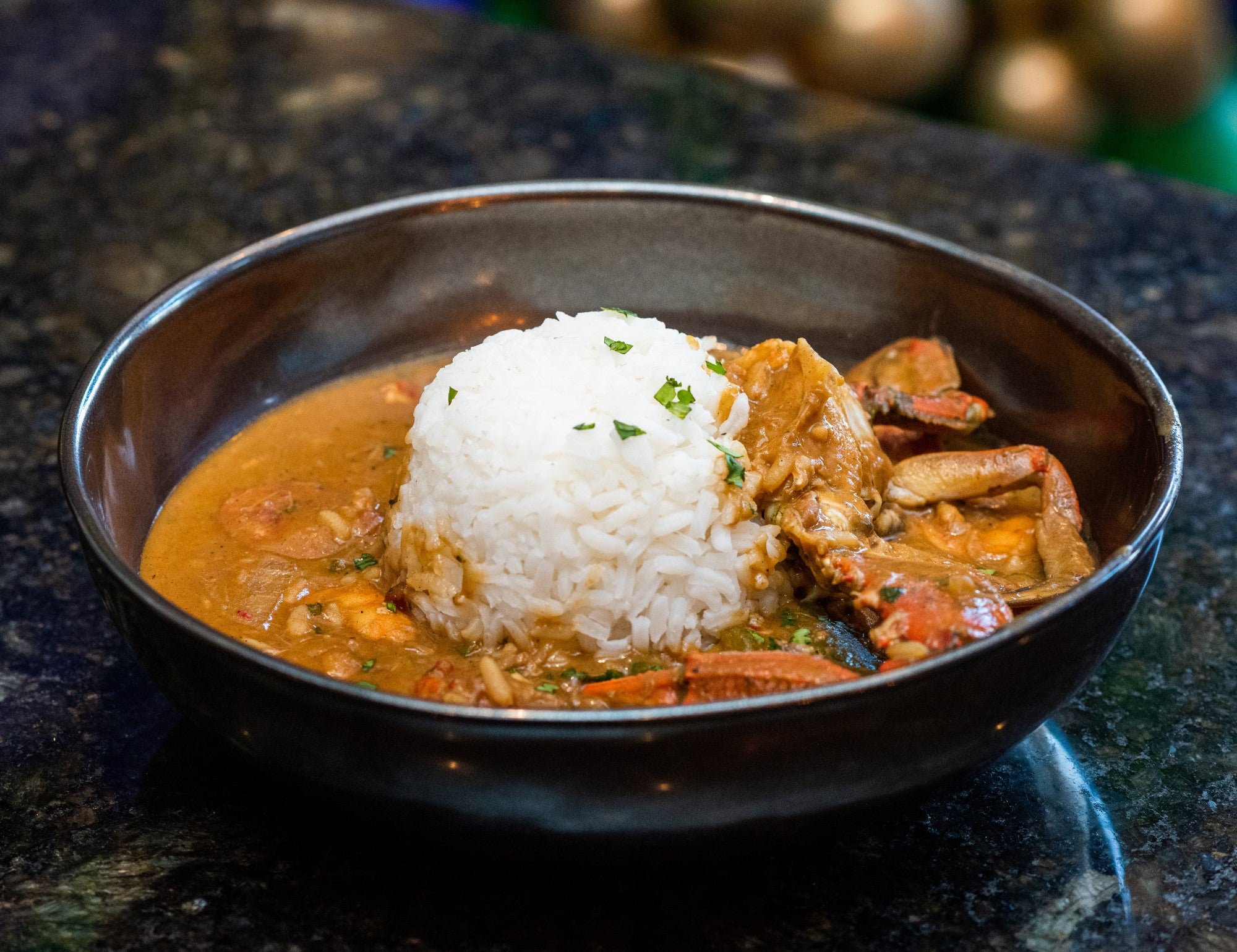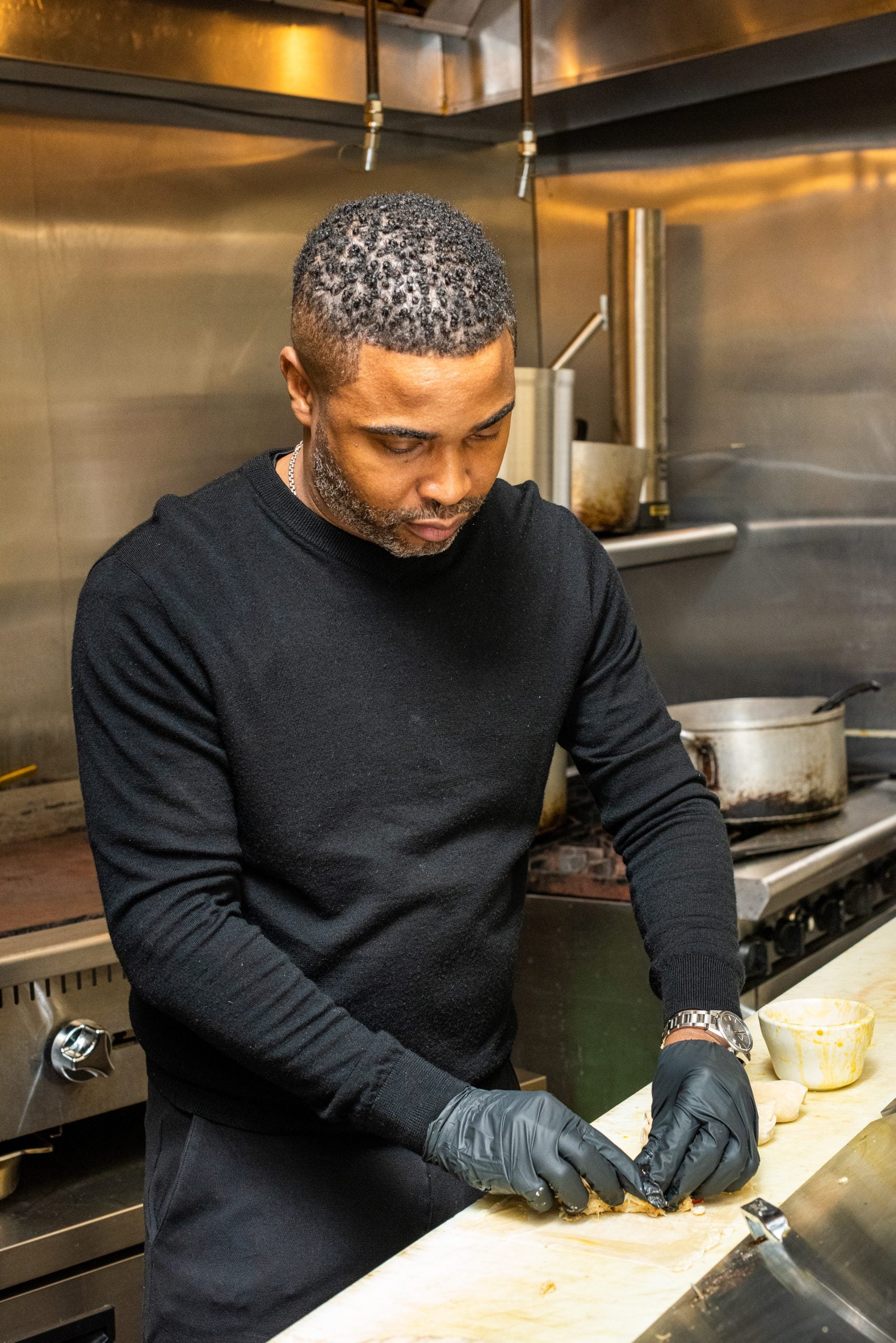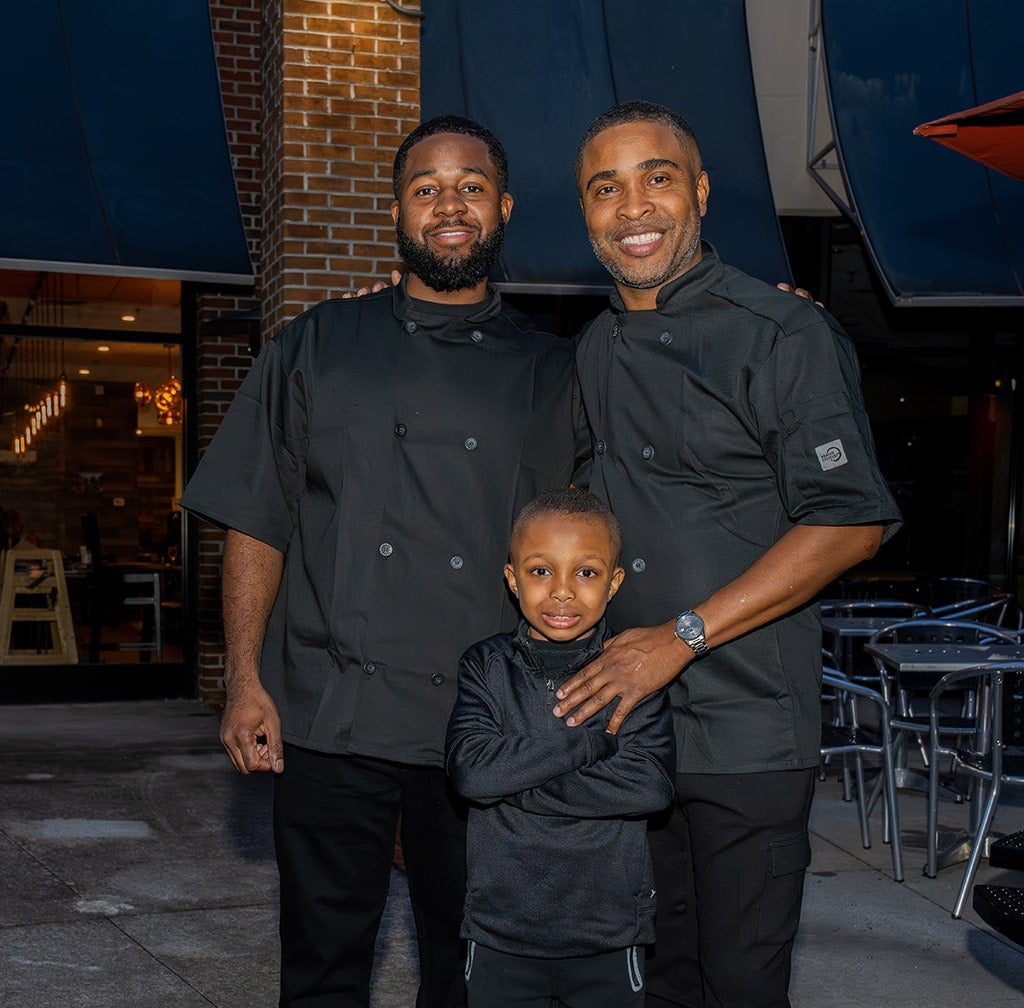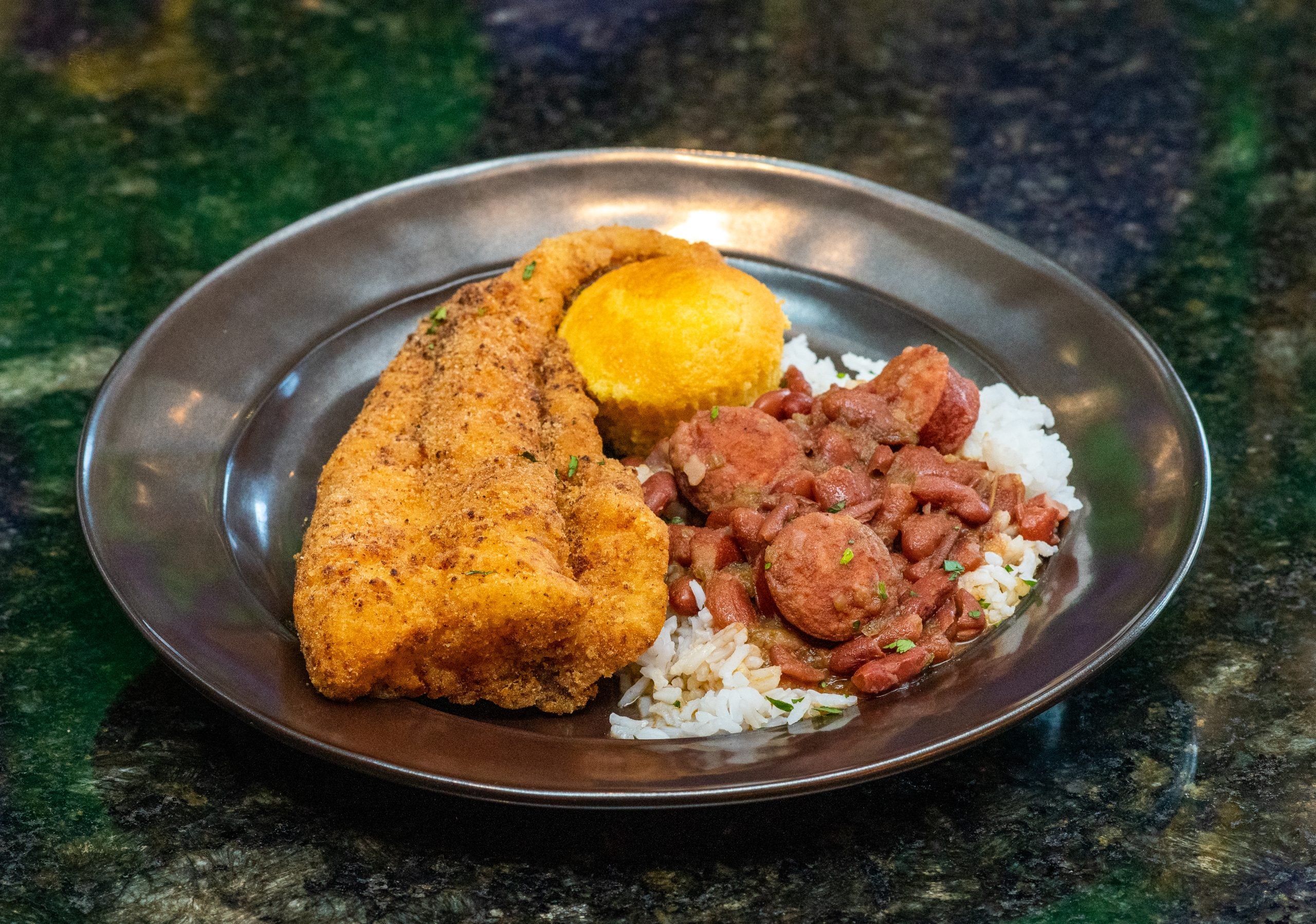
When I walked into D’Juan’s Bistro, the cornerstones of Blackness greeted me: Anita Baker’s voice, soul food perfuming the air, and deep belly laughs—you know, the ones only your favorite cousins evoke.
The cozy restaurant was packed. I was later told that three different birthday celebrations were happening there simultaneously—one of which being the 75th solar return of a beautiful Black woman who floated around the establishment donning a crystal tiara and proud sash declaring her special day.

It’s hard to imagine that just two years ago, the bistro’s owner, Donald Williams, couldn’t even get his leasing application approved by a landlord to secure a space for the restaurant.

“Before I got this location, six people told me no, if not more,” the New Orleans native told me, his drawl growing strong as he recalled the rejections. Despite having proof of $70,000 in startup capital, great credit and a solid business plan, it wasn’t enough. “It got to a point where I had to have a talk with God and I was just like, ‘I don’t know why your no’s are coming, but I’m here, Lord. I’m understanding. I’m holding on to my faith.'”

Almost immediately after the spiritual conversation, Williams finally found the perfect place. D’Juan’s—named after his beloved oldest godson—is now situated in a bustling retail cul-de-sac in Cobb County, Georgia, a charming area about 15 minutes outside of downtown Atlanta.

Before turning his sights on opening his own restaurant, Williams helped other aspiring restauranteurs get their start through his accounting firm Williams Accounting & Consulting since 2005. Despite operationalizing hundreds of businesses, he said he was surprised by the unique challenges that came up.
Getting real about money
“I ran through my budget pretty quickly,” he shared. “Opening a small food business like this, you can easily spend upwards of $500,000. I thought $70,000 was going to be enough, but I’ve surpassed that already although we’ve been open for less than six months.” Between purchasing food ingredients, payroll during business lulls and other unexpected expenses, the investment has been steep.
“That’s what I want everyone who wants to get into this business to know, you have to be ok with being challenged financially at first,” he advised, pointing out that most restaurants don’t make a profit until its second year.
“I’ve maxed out my credit cards, If you want me to be candid,” Williams admitted. “I still have lights, I have insurance, I have water, I have gas. But I have the faith and the plan to make the business successful.”
The Growth phase
“Provide good service to your customers and always give them quality food,” Williams said. It may sound common sensical, but it bears repeating. “If you always keep that at the forefront, I promise, the people will come and stay.”
Williams told me that most of his customers come by way of positive Google reviews. “Treating people with respect, and kindness can lead to a free referral. Even if the food just ok, people always prioritize how they’re treated and will be willing to give you a try.”
He also suggests marketing on free platforms like TikTok is a helpful way to foster growth.
“TikTok is so huge,” Williams said. “People are always telling me they found us there. Be consistent because the engagement is still so authentic, people trust it more.”
He also advises aspiring entrepreneurs to lean on a higher power to guide them through challenging times.
“It goes without saying but owning your own business is not easy, especially in the food industry—you’re not going to be able to do it on your own.”
Williams adds: “I talk to God everyday and ask him for strength, and he always comes through.” He shared that although he hasn’t met his profit goal yet, customers are coming in droves.
“My faith carried me here—I love to cook, I love people and I know food brings the two together. I really enjoy what I do. That’s why I started all this and that’s what going to keep me going.”
